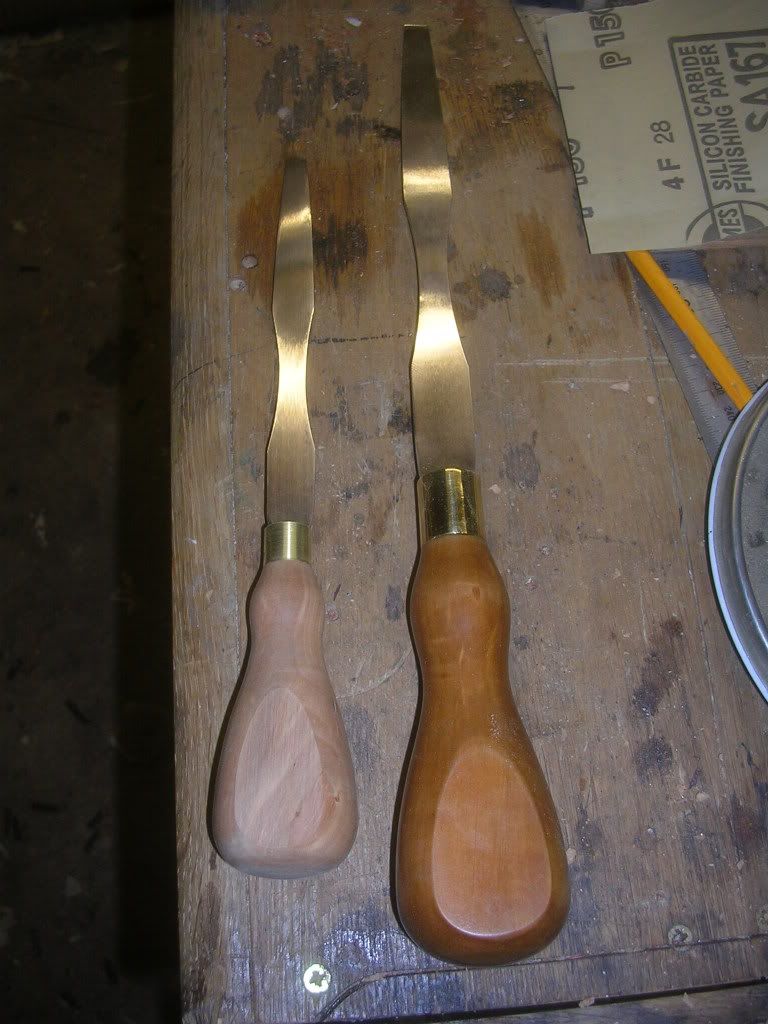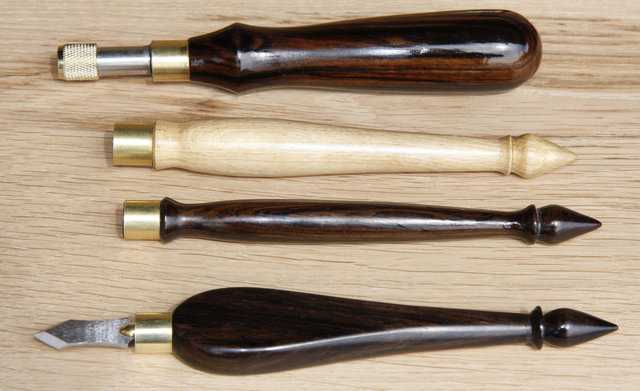Some modernist notes:
For cross-headed screws, it's well worth taking a moment to understand them:
The Phillips ones were the first, but not tne omst useful for general use. There's a really useful series of Wikipedia pages that this link will get you into:
http://en.wikipedia.org/wiki/Henry_F._Phillips
Coupla practical points (pun alert!):
In my experience, Phillips heads are the most fragile of all the 'special' ones. They're used a lot in manufacturing because of their ability to centre and torque-up nicely. The Pozi- ones take more abuse, which is probably why they dominate DIY and construction.
For some reason (probably for auto-feed screwdrivers, for which they work best), plasterboard screws (the ones that have a trumpet-bell-shaped head) are Phillips, not Pozidrive. Use the wrong screwdriver and you'll regret it!
I can't see any reason to use straight slotted, apart from aesthetics. They're easily damaged, and, whilst having the slots aligned looks good in cabinet work, it doesn't necessarily mean all the screws are tightened to the same amount. So, for me 'yes' for fine work, 'no' for practical strong construction. You also have to fettle the screwdrivers more often - blades must finish square to the shaft and have sharp corners. Pozidrive seems slightly more tolerant of wear.
For twenty years and more I've used diamond-tipped screwdriver bits in a rechargeable drill/driver. I hardly ever use ordinary screwdriver bits now (crosshead, that is). They really do make a huge difference to performance, especially in awkward places where you can't get a lot of weight behind the drill, and especially when unscrewing, as they don't cam-out (slip). Because they don't slip, they damage the head far less. This means the screw can be removed later if necessary - always a horrid job if the head is chewed up. They're worth every penny for day to day use.
I prefer the longer-shafted diamond bits, as they're held better in the chuck and wobble less. If you buy the shorter ones, they're still better than plain steel, but you won't see the real benefit of a diamond bit (those quick-change magnetized things are a complete waste of time, IMHO). Generally with manual screwdrivers it also holds true: the longer the screwdriver, the better it will work. This is because you can see more easily that you're addressing the screw square on, and, if you wobble, it has less effect on the business end.
Finally, I've learned to my cost not to use double-start threads on door hinges! They work loose over time. Since almost all my general-purpose screws are double-start and toughened, I keep some ordinary #8 and #10 just for door hinges.
Sorry - drifted off topic as usual. Need more coffee...
E.
PS: I'm just starting to use square-socket screws ("Robertson"?) for pocket-hole joinery. I don't have much experience of them yet and will be interested to see how the drivers perform with a lot of use.



































